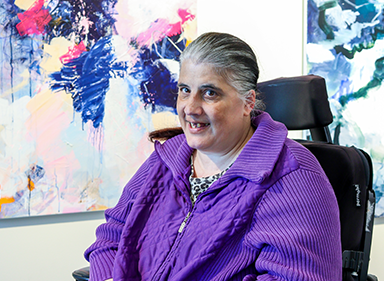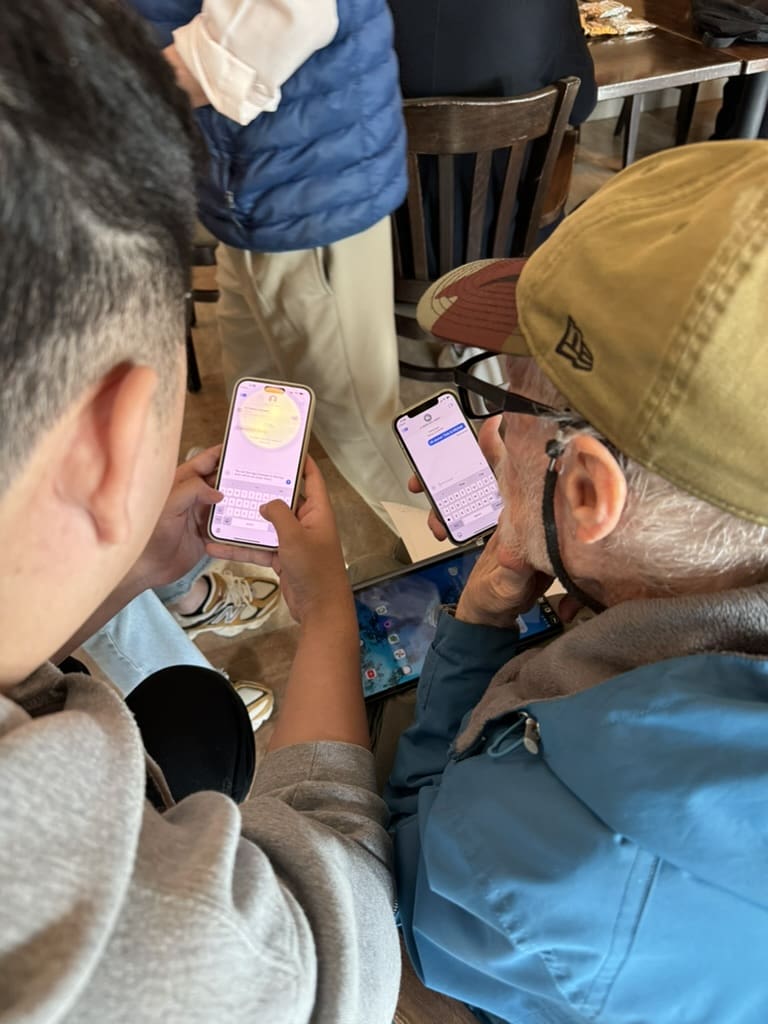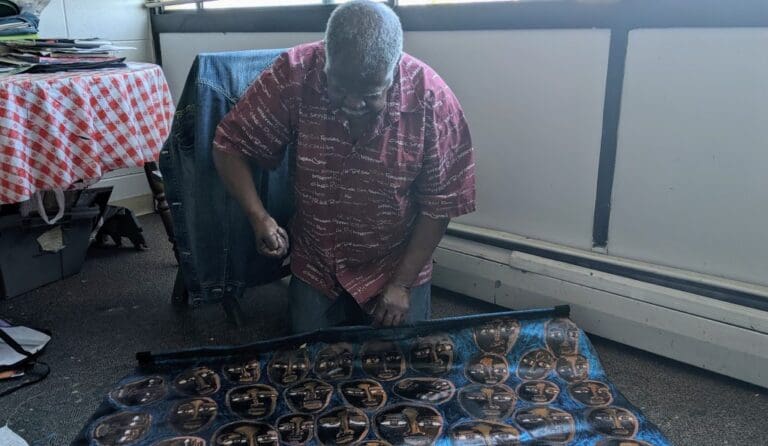April 15, 2019
Covia and Fair Housing
In theory, Fair Housing is a straightforward concept: “At the end of the day, it’s that you don’t have special treatment for one resident over another,” says Karim Sultan, Covia’s Vice President of Affordable Housing. But in practice, it may not be as easy as it sounds.
The Fair Housing Act guarantees protection from discrimination in housing on the basis of race, color, national origin, religion, sex, familial status, and disability. It is enforced by the U.S. Department of Housing and Urban Development (HUD), which subsidizes Covia’s six Affordable Communities.
“I think a big myth is that fair housing is something that’s automatic and that you don’t have to be incredibly intentional about it. You can very easily be in violation of fair housing in two seconds if you’re not careful,” says Sultan. “You have to really be aware of it at all times and be very diligent about maintaining it.”
April is Fair Housing Month, but Covia Affordable Communities works hard to practice that intentionality in fair housing all year round. “We do an annual fair housing training with a fair housing attorney religiously every year,” Sultan reports. “But we also have periodic fair housing check-ins when we do our monthly meetings. It’s something you can’t reiterate enough. If you say it a thousand times, say it a thousand more times. Because as soon as it starts to be not present in the mind, things can happen.”
The planning for fair housing starts long before people move into a community, Sultan explains. “When we open up a wait list, we have to have a HUD approved marketing plan and tenant selection plan. And so those plans really seek to ensure that the process by which you move people into the building is fair.”
Once people move in, “you have a lease and house rules that again you have to be really diligent about because the lease is the same for everybody. Everybody follows the same house rules. So it’s really incumbent upon the site staff to make sure that they’re treating everybody fairly.”
If residents do feel there has been a violation of their rights, they can go through an appeal process. At Covia, “I haven’t had to reverse an administrator for violating fair housing up to now. It could happen. It just hasn’t happened as of yet,” says Sultan. “But I do remind them always that sometimes it’s not what you do but how you do it. Are you communicating thoroughly enough when you’re having people stick to their lease or talking to them about the violation of house rules. Are you ensuring that you’re communicating in a way where they feel like, ‘This is standard, and this is not just targeted at me’?”
Although not subject to the same federal law as the HUD-subsidized communities, Covia’s Home Match program is also attuned to the need for fair housing. Home Match, Covia’s Shared Housing program, connects homeowners with extra space with home seekers who need a place to live in the expensive Bay Area housing market. Home Match works with home owners and home seekers to create a Living Together Agreement that may include a home seeker providing services, such as shopping or pet care, in exchange for a reduction in rental costs.
Tanya Ahern, Program Director for Home Match in Fremont, previously served on a board of a Fair Housing organization and brings her experience to the table when helping to match homeowners and home seekers. “With shared housing I think the most important thing is to make sure that you don’t have identifying characteristics that go into referring people so that that way it’s based purely on their merit and their financial means to pay and it’s not based on race or gender,” says Ahern.
“I see a lot of people who have been turned away from housing because of race, because of disability status,” says Ahern. “Because Home Match prescreens, it makes people more comfortable and more open to housing with people that maybe they might not have considered before. I think it’s really helping house people who didn’t have a fair shake in the world. I think it’s a perk that it’s helping house people who face challenges due to stigma.”
For Covia Affordable Communities, fair housing is part of its legal mandate, but Sultan observes it’s not just about complying with the legal requirements. It’s about making residents feel at home. “Over time, when residents witness the rules being applied equally, it does give them confidence that ‘this is a place where I can feel safe, where I won’t be targeted because of my race, because of my sexual orientation, because of my religion.’ And that’s very, very important because a big part of home is security and being safe.”
“As long as you own and manage communities, and you house people, fair housing is something you have to be constantly aware of,” Sultan says. “It never gets old. It never gets easy. It never gets stale. It’s just something you have to be really diligent about at all times.”


